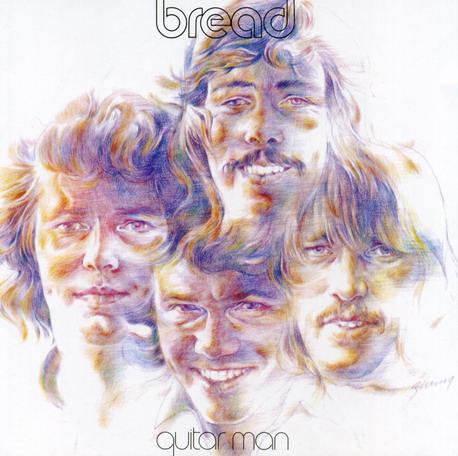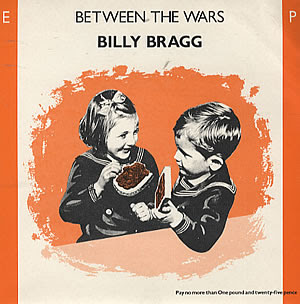
Follow up album, Last Splash (1993) is another bit of brilliantly idosyncratic indie rock, but this time out the enigmatic, spacious, weirdly sexually charged nature of Pod has mutated into something rather more straightforwardly rock structured. The obvious reasons for this are the absence of Tanya Donnelly who, although writing relatively straight songs for Belly was still influenced by her half-sister's work in Throwing Muses, and Britt Walford, whose warped, slow drumming was a key element of the sound of Pod, as well as the absence of Steve Albini as producer. Last Splash is a very different beast to Pod and in my opinion is nowhere nearly as compelling or interesting. That's not to say it's a dud, by no means. It's a fantastic indie rock record, but it is an example of the levelling out of the artistic intent that started in the early 90's, making things sound more "festival friendly" (which is I suppose the antithesis of Albini's intent as a producer). The songs on Last Splash are really, really great though. It's an ace album, but I would place it stylistically much nearer to a late Pixies album than I would Pod. As a kind of support to Last Splash they released the Head to Toe EP. Four songs in about ten minutes, it's a brilliant, jolting ride. 'Head to Toe' itself is great little indie-pop song and the covers of Guided by Voices' 'Shocker in Gloomtown' and Sebadoh's 'Freed Pig' are both great.

For most of the next nine years the various members of the Breeders were busy with booze and heroin, and when Title TK was released in 2002 it's fair to say there wasn't much public expectation. It's a surprisingly good album, close, kind of intimate. There's no grandstanding indie rock showing off here, it's low-key and self-effacing. I think the fact that Albini is back in the producer's chair is no coincidence. Weirdly for a record released so much later, it feels like a mid-point between Pod and Last Splash. Unlike Last Splash it's a record that requires a few listens to really get a proper hold on, but it's a very dignified return I reckon, and a very successful one.

Now we have a couple of albums by enigmatic French chanteuse Francoiz Breut. Her second album, Vingt a Trente Mille Jours (2000) came as something of a surprise to the French record buying public I think. Her first album had been mostly chanson in a relatively straightforward style, and the fact that Vingt a Trente Mille Jours is such a mix of styles and themes didn't chime well. It's a shame, because I think she was a bit ahead of the game. Listening to her records now, they wouldn't sit uncomfortably next to the last couple of (fantastic) Charlotte Gainsbourg albums. There's twangy surf guitar, lo-fi indie experimentalism, the requisite chanson, and a host of other stuff all thrown in together, and it really works. It's a great record, moody, odd and absolutely fascinating. Third album Une Saison Vollee (2005) had to be made under straitened circumstances, as Breut had been dropped from her label and did all the work herself. It's an even more eclectic bunch of songs and when it doesn't work it's a bit of a bore, but when it's on form, it's fantastic. I don't know if she managed to maintain any kind of profile in France, but it would be a shame if she's stopped making records.
Ahh, going all the way back, it's Shooting Rubberbands at the Stars (1988) by Edie Brickell & New Bohemians. This one takes me back. I used to love this record. I suppose it sort of fitted in with the kind of REM, Southern rock type of stuff that seemed so exciting at the time. Listening to it now it surprises me how much less naff it is than I expected. In some ways it sounds better with age because there's no expectation of what it can offer. There's still a strange combination of a complicated charm and the whiff of major label contrivance, and although I'm suspicious of it in some ways, it still has got some lovely songs on it, and it still makes me feel like life was fun back then. As smooth rock goes it's as good as you can get really and it has enough slightly old-fashioned charm to mean it still works well. In many ways I prefer the commercial stillborn follow-up, Ghost of a Dog (1990). This is a much leaner and more peculiar record. It has a definite sense of independence and feels much scrappier. There are angular rock songs and odd little home recorded vignettes. Brickell's off-beat way with a lyric is explored to the utmost, which can lead to some rather infuriating whimsicality, but on the whole is fascinating. It's a less slick and more challenging record than the debut and I think it's better for it. Completely inexplicably it also has John Lydon doing very discreet backing vocals on a couple of the tracks...
All kinds of stuff next week. Cheers.










